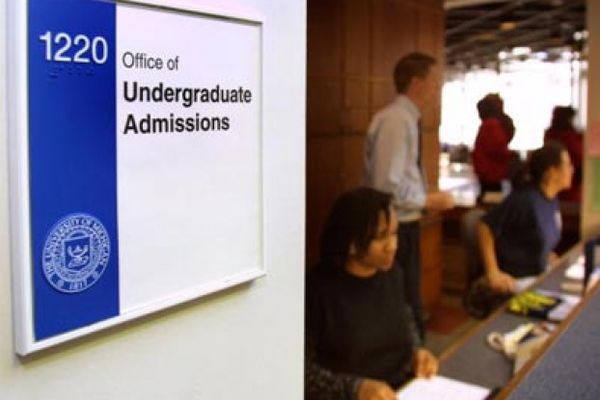Preparing for college admissions is an intimidating, confusing task for many high school students. There are many deadline-driven tasks to complete, and a missed deadline might mean missed opportunities. You have to find great schools, take admissions tests, and complete applications and essays. On top of all that, you'll need to find grants and scholarships to help you pay for it all.
But meeting deadlines is a tough proposition when you're unfamiliar with the college admissions process. It's one thing to simply apply to a random college and sign up for a few classes, but it's quite another to find the college that's right for you, choose an appropriate career path and maximize your financial aid to pay for a good chunk of your education expenses. The latter method takes a lot of research, a solid network of knowledgeable friends, good research skills and perhaps most important, time.
Advertisement
So imagine receiving a letter out of the blue -- a letter that might hold the answer to all of your college admissions troubles. For some high school students, this dream comes true when they receive unsolicited letters from College Admissions Assistance (CAA), a company based in Arlington, Texas.
CAA describes itself as a "private education-service organization" that provides college planning help to students and their families. The company's coaching process, called the "7 Critical College Decisions" program, is designed to help you get admitted to a specific college, find the right financial aid package, graduate in four years and take steps towards a successful career.
The letter invites families to a seminar where CAA touts its services and offers to help students start immediately on their journey to college greatness. Of course, because this is a for-profit company, these services aren't free.
Keep reading to see how CAA works, and why the company has drawn fire for some of its practices.
Advertisement



